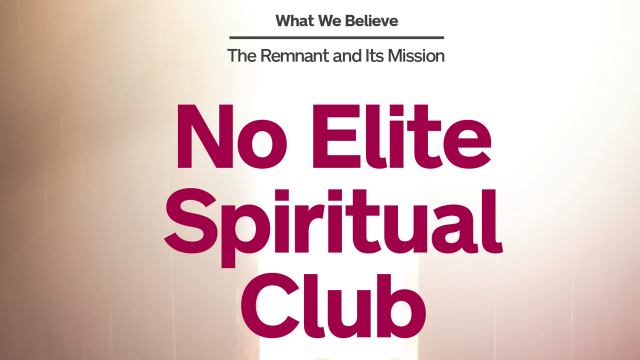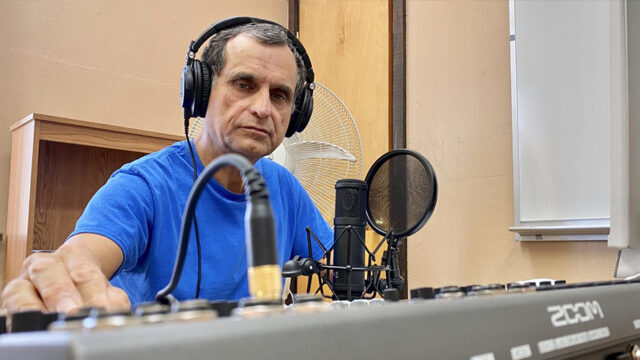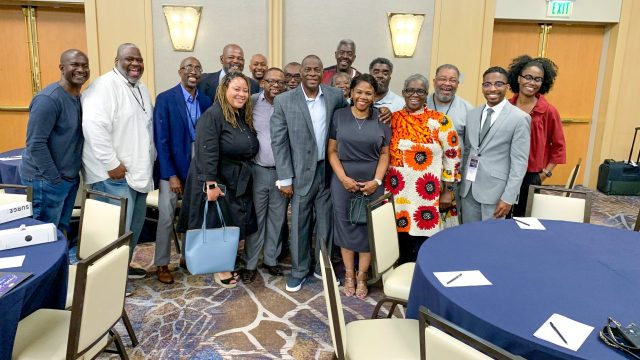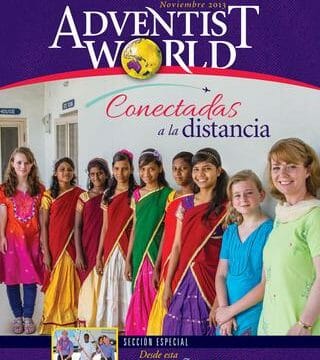Earlier in 2023, I traveled with 10 students from the Washington Adventist University (WAU) mock trial team that I coach in Takoma Park, […]
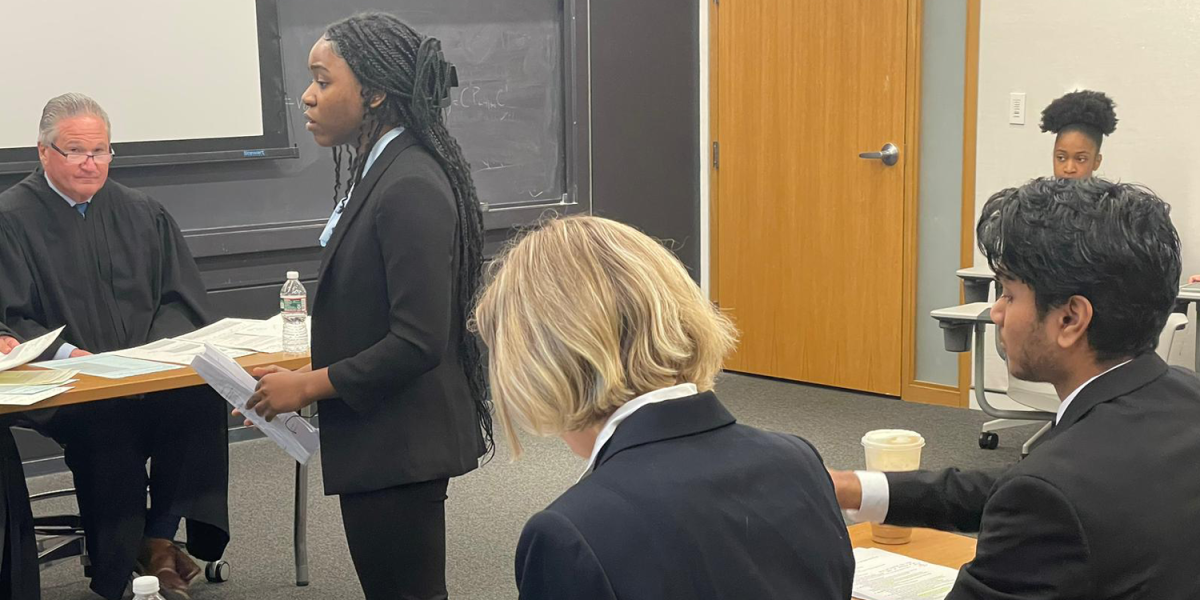
Earlier in 2023, I traveled with 10 students from the Washington Adventist University (WAU) mock trial team that I coach in Takoma Park, Maryland, United States, to our regional competition at Princeton University, New Jersey. There, we were scheduled to participate in four trials against university teams from up and down the east coast.
We were accompanied also by my co-coach, D.C. attorney and WAU alumnus Stephen Brennwald, and Jonathan Scriven, associate director of the WAU Honors College and director of the WAU Center for Law and Public Policy, which houses the Pre-Law and Mock Trial programs. The students are a group of creative, bright, fun, spiritually inquiring, and committed young people who are a delight to work with.
For the students, it was their first mock trial experience, due in part to the interruption by the COVID-19 pandemic. For me, it was the continuation of a journey begun about 20 years earlier, when I was recruited by Columbia Union College professor Roy Branson to coach the very first mock trial team in the 1990s. That team was also very talented, with students who went on to Ivy League law schools. But they had somewhat less opportunity. At the time, the American Mock Trial Association (AMTA) did not make allowance for Sabbath observance. Thus, our team was limited to one invitational match with the University of Maryland. I was very proud of those students, who won that invitational match against an impressive Maryland team, one that went on to win the national championship that year.
But in the subsequent years, the AMTA created a schedule that did allow for the participation of Sabbath-keeping teams. By then, I had moved west, and did not get a chance to see any of these WAU teams participate in the competition. I have heard good reports about their positive representation of the university. But several years had passed since WAU’s last involvement, so we had a team full of rookies and a coaching team that only had a distant memory of the University’s last involvement.
Representing More Than the School
This year’s team was not only representing WAU but also their Sabbath convictions. We were given special times on Friday afternoon and Saturday night for our first trials, whereas all the other teams had two trials on Saturday. Two other teams graciously agreed to participate on our altered schedule. We expressed our appreciation to both the AMTA and the other teams for accommodating our convictions.
The trials went well, but there was no storybook ending, with the WAU storming to victory in their maiden campaign. Rather, we were defeated in all four of our matches, an expected outcome for a team full of rookies. But the students gave more than a good accounting of themselves.
All the other teams we played had attorneys with multiple years of experience, but our team was right in the competition. All three of the WAU attorneys appeared multiple times on the list of best attorneys over four different trials. Three of our witnesses also appeared on lists of best witnesses.
There was a total of 28 teams from a variety of well-known and much larger schools, including the University of Maryland, Princeton University (New Jersey), Yale (Connecticut), and Tufts (Massachusetts). At one trial, when our opposing team heard that we were from a school of less than 700 students, they broke out into spontaneous applause. As coaches, we were justifiably proud of them and their representation of our school.
Just as importantly, this group of students also blessed the Princeton Adventist church with a wonderful praise and worship service on Saturday. There, I had the privilege to preach on religious liberty and the Sabbath; but it was the students and their joyful and enthusiastic playing, singing, and worshipping that was the highlight of the service. I was gratified that the students also paid attention to the sermon, prompting a lively discussion of the Sabbath on our afternoon walk, and a desire by some of our non-Adventist students to study it more deeply and its prophetic role.
This was truly a unique weekend of representing WAU, our faith, and the Sabbath in student pre-law circles at a national level. We saw grace in the Sabbath accommodation that allowed us to participate, in the schools that volunteered to work with our schedule, in the friendships that were made with members of the other teams, as well as in the wonderful worship and praise we enjoyed as a group on Sabbath.
So far, we are the only Adventist University to participate in this program, but we challenge our sister schools to take up the gauntlet and join us! In the meantime, those interested in a tremendous pre-law experience should consider carefully the program offered at WAU.
Nicholas Miller, J.D., Ph.D, serves as a coach for Washington Adventist University’s Mock Trial Team.
The original version of this story was posted on Columbia Union Visitor.





